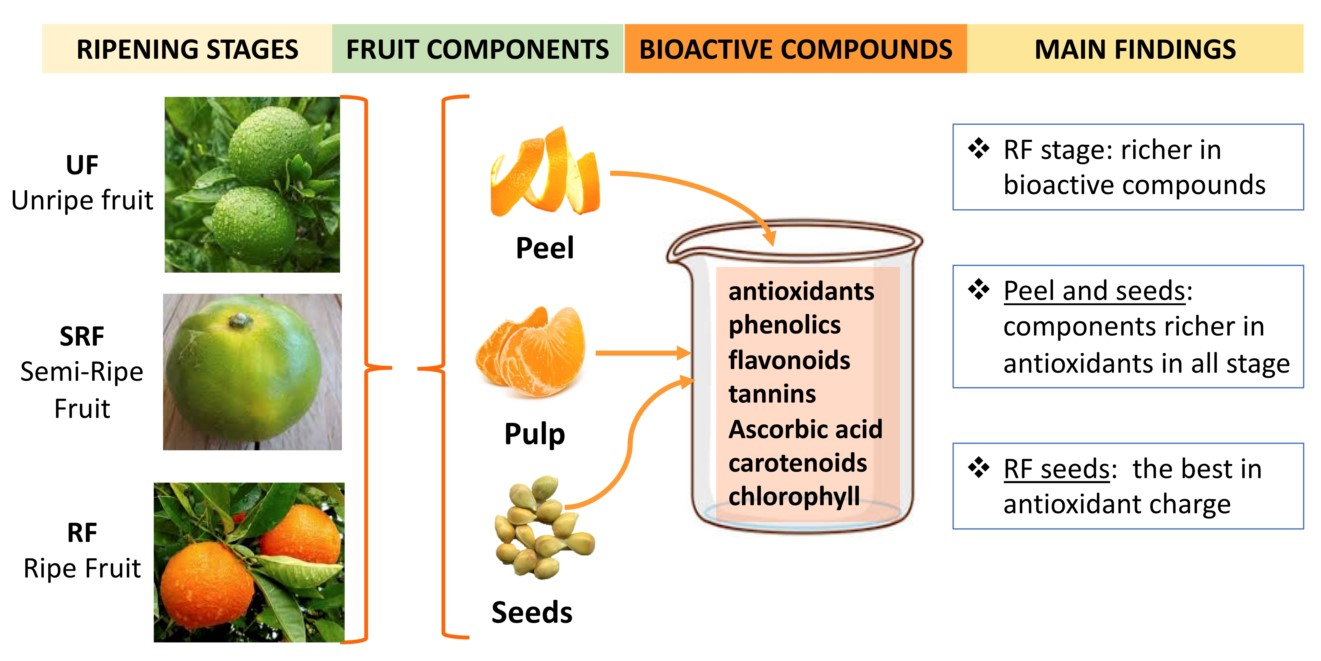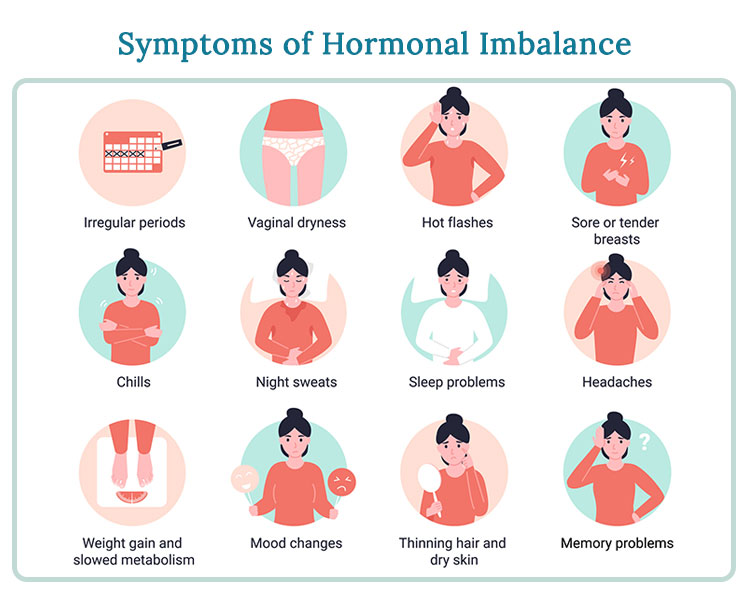Maintaining reproductive health and optimizing fertility are essential considerations for individuals and couples planning to start a family. In recent years, there has been growing interest in the potential role of Vitamin E in supporting reproductive health and its effects on fertility. As a powerful antioxidant, Vitamin E offers several benefits that may positively impact both male and female fertility. By understanding the potential effects of Vitamin E on reproductive health, individuals can make informed decisions about their dietary choices and explore potential interventions to enhance their fertility. In this article, we will explore the top 5 helpful pieces of information about Vitamin E and its potential effects on reproductive health, focusing on its influence on fertility, sperm health, female reproductive health, egg quality, and hormone balance.
1, Antioxidant Properties.
Vitamin E is indeed a powerful antioxidant that plays a significant role in protecting the body's cells from damage caused by free radicals. Free radicals are unstable molecules that can cause oxidative stress, which has been linked to various health issues, including reproductive health problems.
In terms of fertility, oxidative stress can have a detrimental effect on both male and female reproductive systems. In men, it can lead to decreased sperm quality, including reduced sperm count, motility, and morphology. In women, oxidative stress can negatively affect the health of eggs and impair their maturation and fertilization potential.
Vitamin E, as an antioxidant, helps neutralize free radicals and reduces oxidative stress. By doing so, it may help improve reproductive health and potentially enhance fertility in both men and women. Studies have suggested that Vitamin E supplementation can improve sperm parameters and increase fertility potential in men with infertility issues.
Similarly, in women, Vitamin E has been shown to improve reproductive outcomes by protecting the eggs from oxidative damage. It may also enhance the function of the uterine lining, increasing the chances of successful implantation and pregnancy.
It's worth noting that while Vitamin E supplementation may be beneficial for individuals with deficiencies or specific reproductive health issues, excessive intake of Vitamin E beyond the recommended levels is not recommended. It's always best to consult with a healthcare professional or fertility specialist to determine the appropriate dosage and discuss any potential risks or interactions with other medications or supplements.
2, Sperm Health.
Vitamin E supplementation has been studied for its potential benefits on sperm health and fertility in men. Several research studies have indicated that Vitamin E can have positive effects on sperm parameters, including motility and DNA integrity.
Sperm motility refers to the ability of sperm to move effectively and efficiently. Studies have shown that Vitamin E supplementation can improve sperm motility, increasing the percentage of sperm that exhibit forward progressive movement. Improved sperm motility can enhance the chances of successful fertilization by allowing sperm to swim effectively towards the egg.
DNA damage in sperm cells is another important factor that can impact fertility. High levels of DNA damage in sperm have been associated with reduced fertility and an increased risk of miscarriage. Vitamin E, as an antioxidant, helps protect sperm cells from oxidative stress and reduces DNA damage. By reducing DNA damage, Vitamin E may contribute to better sperm function and an increased likelihood of successful fertilization.
It's important to note that while Vitamin E supplementation has shown potential benefits for sperm health, the results can vary depending on individual circumstances and the underlying causes of infertility. Additionally, as with any supplementation, it's crucial to consult with a healthcare professional or fertility specialist to determine the appropriate dosage and ensure it is safe and suitable for your specific situation.
Overall, Vitamin E supplementation may be a potential consideration for men experiencing fertility issues, but it should always be discussed with a healthcare professional as part of a comprehensive fertility evaluation and treatment plan.
3, Female Reproductive Health.
Vitamin E is important for maintaining the health of the female reproductive system. It plays a role in supporting various aspects of reproductive health, including hormone regulation, cervical mucus production, and uterine health.
Hormone Regulation: Vitamin E is involved in the regulation of hormones, including those that are essential for reproductive function. It helps maintain the balance of hormones, such as estrogen and progesterone, which are crucial for menstrual cycle regulation and overall reproductive health. Proper hormone balance is necessary for the timely development and release of eggs, as well as the preparation of the uterine lining for implantation.
Cervical Mucus Production: Vitamin E can also support the production and quality of cervical mucus. Cervical mucus changes throughout the menstrual cycle and plays a crucial role in fertility. Around the time of ovulation, cervical mucus becomes more abundant, thinner, and more receptive to sperm, creating a favorable environment for sperm survival and transportation. Vitamin E may help promote the production of fertile cervical mucus, facilitating the journey of sperm through the reproductive tract.
Uterine Health: Maintaining a healthy uterus is essential for successful implantation and pregnancy. Vitamin E's antioxidant properties can help protect the uterine lining from oxidative stress and damage. It supports the integrity of the endometrium (the inner lining of the uterus), which is where a fertilized egg implants and develops into a pregnancy. A healthy uterine lining is necessary for the embryo to implant securely and receive proper nourishment during early pregnancy.
It's important to note that while Vitamin E is beneficial for female reproductive health, individual needs may vary. It's always advisable to consult with a healthcare professional or fertility specialist to determine the appropriate dosage and ensure it aligns with your specific reproductive goals and overall health.
Additionally, it's worth mentioning that Vitamin E is just one component of a comprehensive approach to reproductive health. Other factors such as a balanced diet, regular exercise, managing stress levels, and avoiding harmful substances like smoking and excessive alcohol consumption also play vital roles in optimizing fertility and maintaining reproductive health.
4, Egg Quality.
Vitamin E has been associated with improved egg quality in women, which is crucial for successful conception and the development of a healthy embryo. Let's explore how Vitamin E contributes to enhancing egg quality.
Oxidative stress can negatively affect egg quality by causing damage to the DNA and cellular structures within the egg. This damage can lead to chromosomal abnormalities and reduce the egg's ability to be fertilized and develop into a healthy embryo. Vitamin E, as an antioxidant, helps protect the eggs from oxidative stress and reduces the risk of DNA damage.
By neutralizing free radicals and reducing oxidative stress, Vitamin E can help preserve the integrity of the egg's genetic material. This can contribute to a higher likelihood of successful fertilization and a decreased risk of chromosomal abnormalities, such as aneuploidy (abnormal number of chromosomes). Improving egg quality increases the chances of a healthy pregnancy and may also reduce the risk of miscarriage.
It's important to note that while Vitamin E supplementation may have potential benefits for egg quality, its effectiveness may vary depending on individual factors and underlying causes of infertility. Additionally, as with any supplement, it's essential to consult with a healthcare professional or fertility specialist to determine the appropriate dosage and ensure it is safe and suitable for your specific situation.
It's worth mentioning that maintaining overall reproductive health involves various factors, including a balanced diet, regular exercise, and managing other lifestyle factors that can impact fertility. A comprehensive approach to reproductive health is important, and Vitamin E can be one aspect of that approach to support optimal egg quality.
5, Hormone Balance.
Vitamin E plays a role in hormone balance, which is essential for reproductive health, regular menstrual cycles, and optimal fertility.
Estrogen and progesterone are two key hormones involved in the regulation of the menstrual cycle and ovulation. Vitamin E helps in maintaining the balance of these hormones by supporting their production and metabolism.
Estrogen: Vitamin E can help modulate estrogen levels in the body. Estrogen is primarily produced by the ovaries and plays a crucial role in the growth and development of the uterine lining during the menstrual cycle. By promoting the balance of estrogen, Vitamin E contributes to the regulation of the menstrual cycle, ensuring proper follicular development and timely release of mature eggs.
Progesterone: Vitamin E also supports the production and metabolism of progesterone, which is essential for the preparation and maintenance of the uterine lining for implantation and pregnancy. Progesterone levels increase after ovulation, and a sufficient amount is needed to support a fertilized egg and sustain early pregnancy. Adequate progesterone levels are crucial for successful implantation and the prevention of early miscarriage.
By promoting hormone balance, Vitamin E helps ensure the timely development and release of eggs, as well as the preparation of the uterine lining for implantation. Maintaining proper hormone levels and balance is essential for regular menstrual cycles and optimal fertility.
It's important to note that while Vitamin E can contribute to hormone balance, individual needs may vary. It's always advisable to consult with a healthcare professional or fertility specialist to determine the appropriate dosage and ensure it aligns with your specific reproductive goals and overall health.
Additionally, a comprehensive approach to reproductive health, including a balanced diet, regular exercise, and stress management, is crucial for maintaining hormone balance and overall reproductive well-being.
Reproductive health and fertility are complex matters that can be influenced by various factors. As emerging research suggests, Vitamin E may play a beneficial role in supporting reproductive health by improving sperm quality, enhancing female reproductive function, and promoting hormone balance. Its antioxidant properties help protect cells from oxidative stress, which is crucial for optimal fertility. While Vitamin E shows promise in these areas, it's important to remember that individual responses may vary, and further research is needed to fully understand its mechanisms and potential benefits. If you're considering incorporating Vitamin E into your fertility journey, it is always advisable to consult with a healthcare professional who can provide personalized advice based on your specific needs and circumstances. By staying well-informed and taking proactive steps towards reproductive health, individuals can optimize their chances of conceiving and starting a healthy family.





Comments
Post a Comment